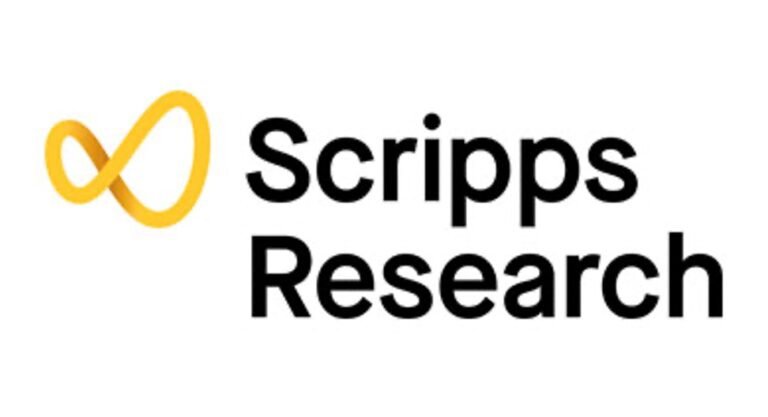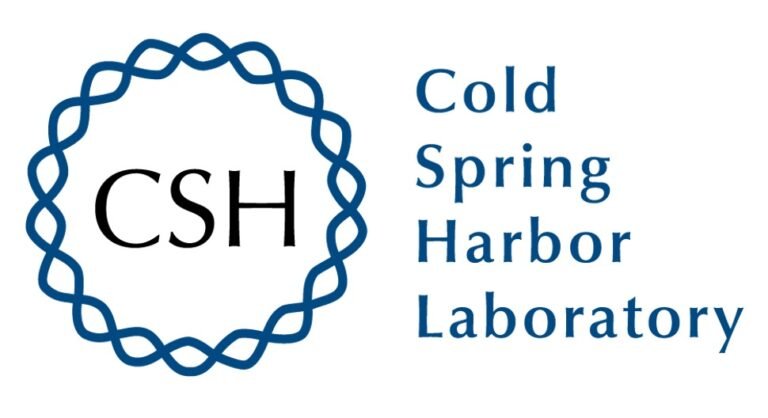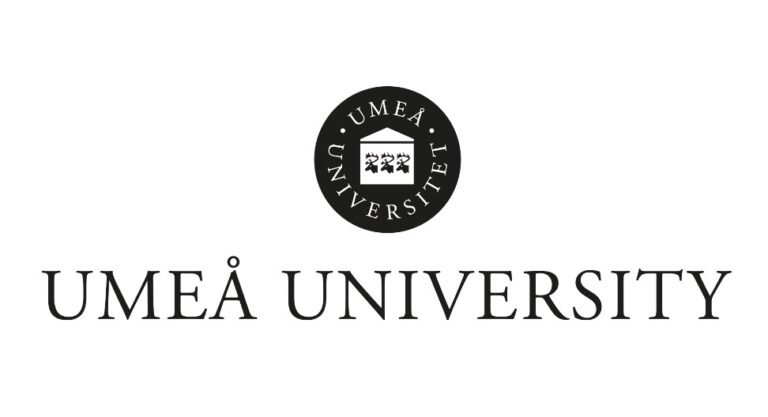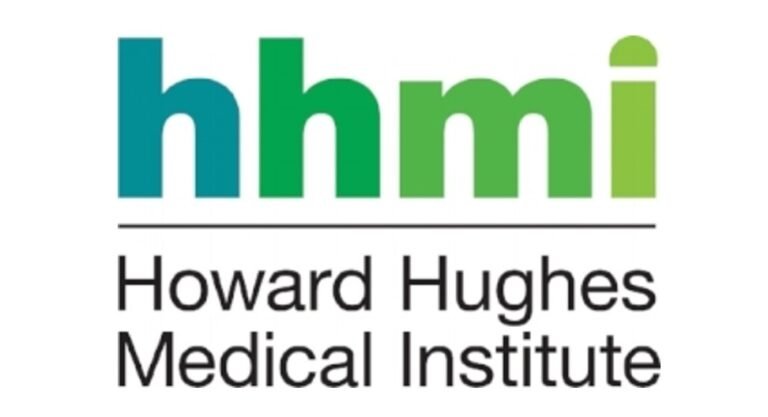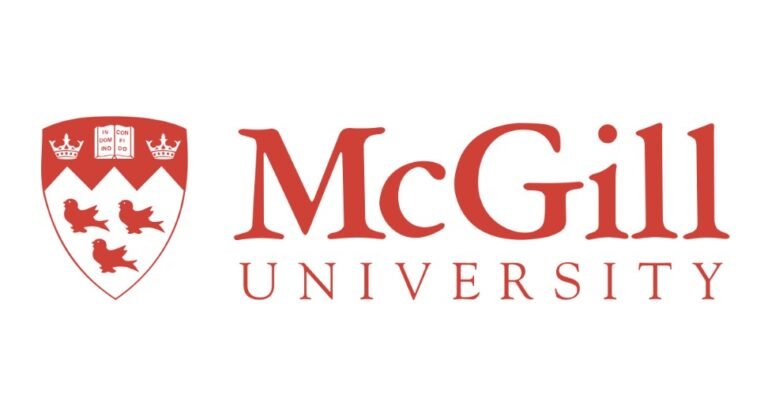We are seeking a highly motivated Research Scientist to join an interdisciplinary project at the intersection of computer networks, artificial intelligence, and cyber-physical systems aimed at transforming agricultural research and data sharing. This project, funded by the NSF, aims to develop a secure, scalable systems to streamline data collection, processing, and data sharing in precision agriculture. This PRN role (up to 30 hours per week) is ideal for individuals who are passionate about developing AI-driven solutions for real-world problems and improving the security and efficiency of networked systems.
Key Responsibilities:
- Design and implement secure communication protocols to support data sharing across multiple agricultural sites using networked edge devices.
- Develop AI algorithms for distributed deep learning that optimize training time and ensure data privacy when processing imagery.
- Integrate multimodal data from diverse sensors into a unified system that can dynamically allocate resources based on network and computational conditions.
- Collaborate with a multidisciplinary team, including plant scientists, geospatial scientists, and software engineers, to evaluate system performance and deploy prototypes on real-world farms.
- Contribute to the design of a web-based platform for data visualization and sharing, allowing farmers and scientists to access and analyze processed datasets.
- Participate in preparing technical reports, scholarly publications, and grant proposals.
Knowledge, Skills, & Abilities:
- Strong knowledge of computer networks, security, and distributed systems.
- Advanced knowledge of AI and machine learning frameworks (e.g., PyTorch, TensorFlow) is required.
- Proficiency in Python, C++, and knowledge of web-based frameworks (e.g., Django, Flask).
- Familiarity with cloud computing platforms (AWS, GCP) is preferred.
- Working knowledge of cyber-physical systems, IoT security, or edge computing is highly desirable.
- Excellent written and oral communication skills, with the ability to work in a multidisciplinary environment.
- Self-motivated with a strong problem-solving mindset.
Minimum Qualifications:
Bachelor’s in Computer Science or related field.
Preferred Qualifications:
Pursuing a Master’s or Ph.D. in Computer Science (ABD eligible).
This position is being funded by an NSF grant, therefore continuation in this position is contingent upon funding availability.
Function
Unclassified Positions
Scheduled Weekly Hours:
30


